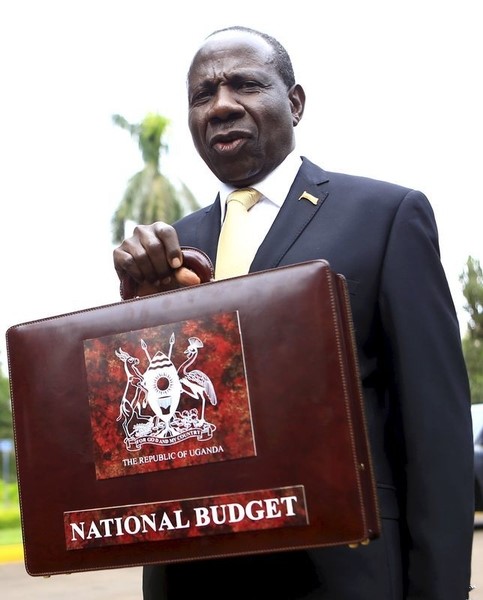The Ugandan government plans to boost its spending significantly for the 2024/2025 fiscal year, aiming for a budget of Shs58.3 trillion. This marks a substantial increase of Shs5.64 trillion compared to the previous fiscal year’s budget of Shs52.7 trillion. However, this surge in budget allocation has raised several concerns, particularly regarding accountability and transparency in budgetary processes.
Junior Finance minister Henry Musasazi presented the budget estimates for the upcoming fiscal year to Parliament. This move sparked debate among legislators, with some questioning whether the Executive intentionally inflated the budget to gain more spending authority without parliamentary approval.
According to the Constitution and the Public Finance Management Act, Parliament’s approval is not required for supplementary expenditures within a certain limit. However, these expenditures must still be reported to Parliament. Critics argue that the government often exploits this provision, artificially inflating the budget and subsequently reallocating funds without proper oversight.
Analysis of past financial years suggests that the government consistently spends less than the allocated budget. This discrepancy raises doubts about the accuracy and integrity of the budgeting process. Critics allege that the government manipulates budget figures to secure additional funds beyond what is necessary, undermining the budgetary transparency and accountability.
The allocation of funds has also come under scrutiny, with concerns raised about the government’s priorities. Despite parliamentary objections, the Finance ministry disbursed funds to various organizations, including sectors for which funding was denied. Additionally, significant allocations were made for projects previously flagged for irregularities, raising questions about fiscal responsibility.
Legislators have accused the Finance ministry of disregarding parliamentary authority in budgetary matters. The Permanent Secretary/Secretary to Treasury faced criticism for allegedly minimizing the role of Parliament in the budget process. In response, Parliament called for amendments to existing laws to prevent unilateral changes to budgetary figures.
Despite the budget increase, there are doubts about its impact on development. A significant portion of the budget is allocated to debt repayment and statutory expenditures, leaving less room for developmental projects. This trend has raised concerns about the government’s ability to address pressing social and economic needs.
In the upcoming fiscal year, the government plans to prioritize peace and security, infrastructure development, and social sector investments. Additionally, tax Bills have been proposed to raise funds for financing the budget.
The suspension of funding by international partners over policy concerns, such as the Anti-Homosexuality Act, has further complicated Uganda’s fiscal situation. Efforts to resolve these issues are ongoing, with implications for future budgetary decisions.
In response to mounting debt, the Finance ministry has proposed measures to reduce debt service costs. These measures include limiting supplementary requests, enhancing domestic revenue collection, and streamlining government expenditures.




















